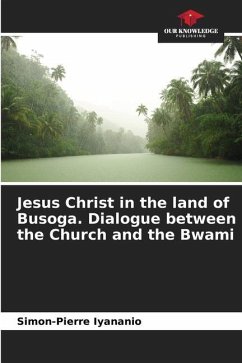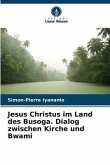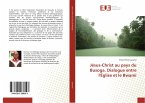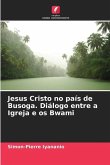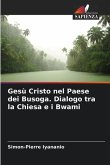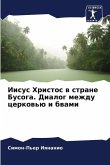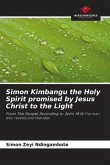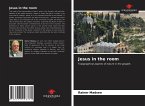It seems to me, in fact, totally impossible to resolve the tension between Christian initiation and traditional initiations without making a long historical-anthropological detour. It is too often the absence of this arduous and unrewarding journey that invalidates so many exclusively anthropological or theological statements. Here, nothing of the sort. Simon-Pierre Iyananio has gathered multiple sources, including oral ones, in order to build his own reflection on rock and not sand. By integrating first-hand sources, he takes the path of practical theology. His conviction is clear. It is the theological approach that will make it possible to answer the question that has been nagging at him for a long time: "How can we definitively get out of the logic of misunderstanding, prejudice and confrontation-avoidance that we deplore?" The reading of these pages makes one perceive how deep this concern is in the author, a concern that is both existential and pastoral, going back to his youthful years. Moreover, his family name is the third stage of the Bwami (Iyananio), the second part of the Lega initiation structure.

